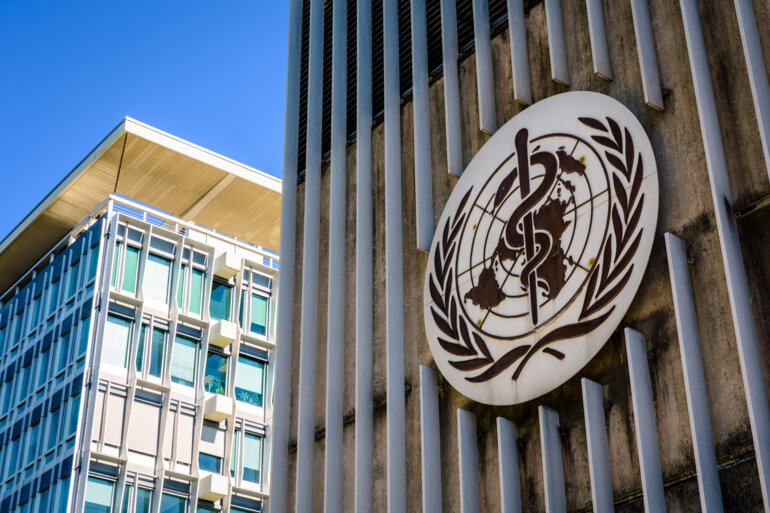
Exploiting knowledge of neutrophil protumour and antitumour phenotypes to treat cancer
Identifying the trigger that switches neutrophils from protumour to antitumour activity in the tumour microenvironment could open the door to new therapeutic options









